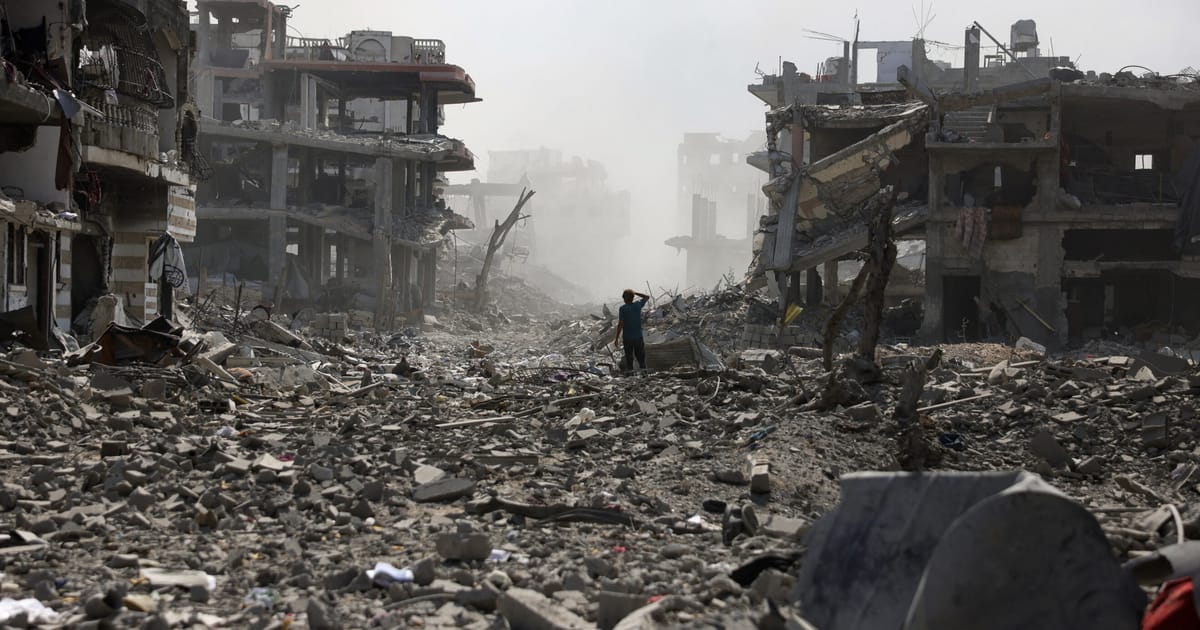

In recent days, the international arena has been bustling with significant events and decisions, each carrying profound implications for global relations. From the corridors of the EU and US policy declarations to the shores of diplomatic strife in Asia and Europe, let’s navigate through this eventful week with a calm and mindful perspective.
The European Union, known for its measured and collective approach to international issues, found itself at a crossroads as Vice President Teresa Ribera’s comments on Israel’s actions in Gaza stirred discussions of genocide. However, the European Commission quickly clarified its stance, underscoring that such determinations are better left to judicial courts instead of being seen as a matter for the Commission to arbitrate. This response maintains the EU’s emphasis on legal processes and measured dialogue in conflict resolution.
Meanwhile, tensions between the United States and Palestinian organizations have seen an unprecedented development. The US State Department has imposed sanctions against certain Palestinian non-governmental organizations after these groups enlisted the International Criminal Court to examine alleged war crimes committed by Israel. This marks a significant moment in US-Palestinian relations, reflecting the complexities of international law and national interests.
In the Asian geopolitical theater, a report emerged highlighting a fraught episode from 2019, where a covert US operation in North Korea resulted in civilian casualties. This operation, sanctioned by the then-Trump administration, showcases the intricate and challenging nature of intelligence and military interventions, especially in regions characterized by high tension and delicate diplomacy.
Simultaneously, in Eastern Europe, Russian President Vladimir Putin has made declarations that escalate the rhetoric around the ongoing situation in Ukraine. In response to French proposals for a post-conflict support package for Kyiv, involving NATO forces, Putin has stated that any western military presence within Ukraine would be considered legitimate targets. This assertion amplifies the need for continued diplomatic engagement and thoughtful strategy from all stakeholders involved, as European leaders, including France’s Emmanuel Macron, strive to bolster support for Ukraine while mitigating further conflict risk.
In a more personal touch to global solidarity, environmental and social activist Greta Thunberg has been seen sporting a Bohemian FC football jersey, a seemingly simple yet poignant symbol of her continued support for humanitarian causes. As she participates in a flotilla heading toward Gaza, Thunberg’s choice of attire bridges cultural and geographical divides, highlighting her commitment to global activism and standing up for marginalized communities.
Through these myriad global events and responses, a thematic thread emerges—one that underscores the intricate nexus of international law, diplomatic relations, and individual activism. Each situation presents not just challenges but opportunities for reflection, dialogue, and thoughtful action. As the world navigates these complex issues, maintaining an open and mindful perspective remains crucial for fostering understanding and pursuing peace.
Source: {link}
